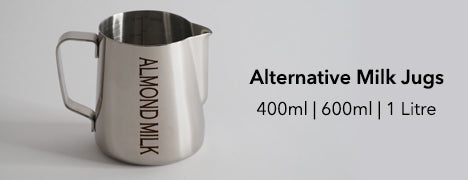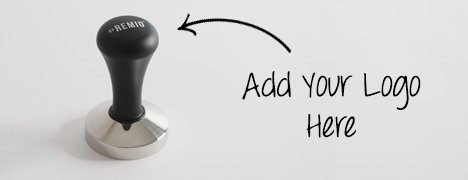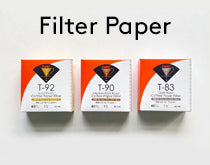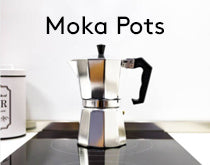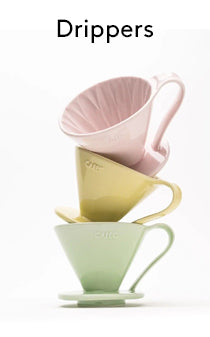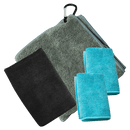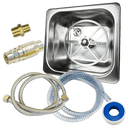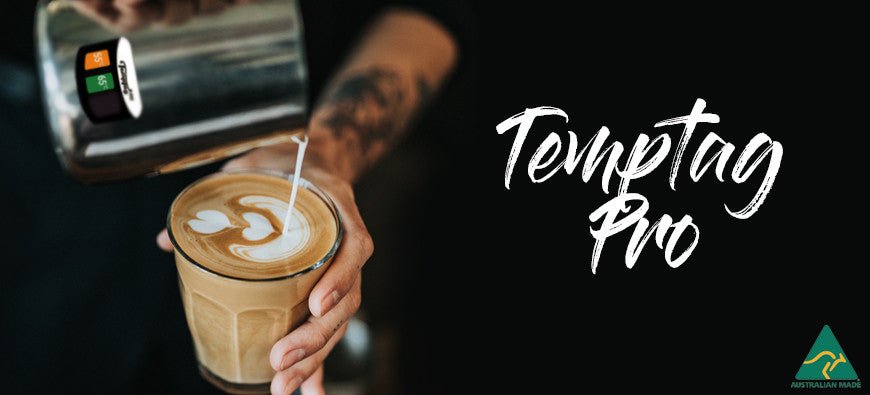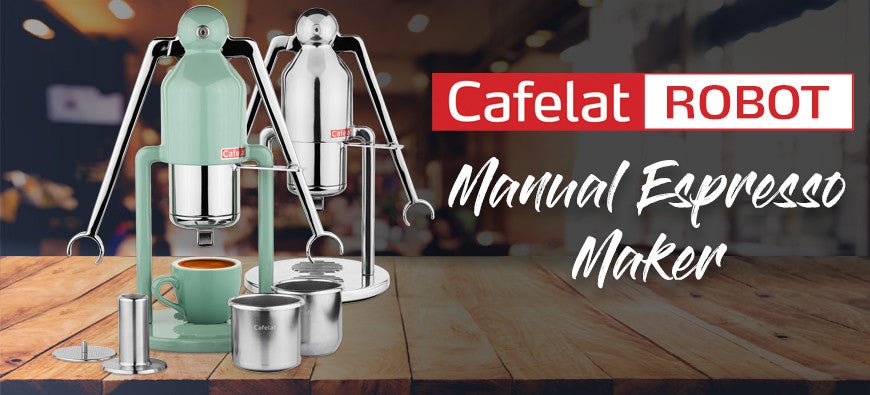Interview with World Barista Judge Justin Metcalf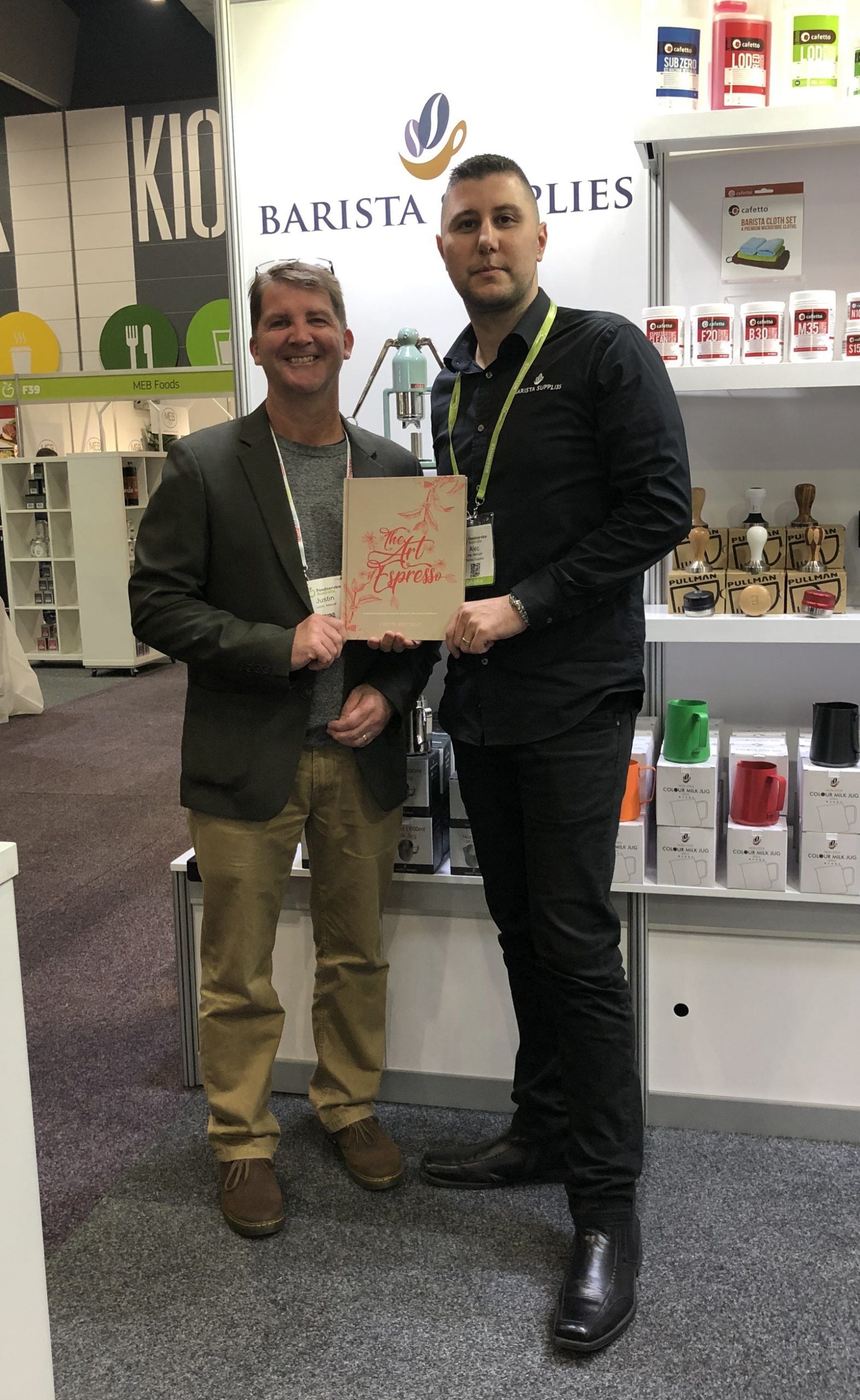
This week we sat down with our great friend Justin Metcalf to talk about his new book “The Art of Espresso”. If you don’t know who Justin Metcalf is, you have a lot of catching up to do. Justin Metcalf World Barista Judge™ is one of Australia’s most recognized Coffee & Café consultants. His business was first developed to provide café training and to promote the specialty coffee industry in Australia and throughout the world. Concentrating initially on perfecting the skills of the Barista, Justin’s passion then led to an active involvement in the speciality roasting industry, where he has established a reputation as a Master Roaster.
For the people who don’t know, could you give us a short introduction to who you are and what you do? Married with 2 daughters (in their 20’s), own a coffee roasting & alcohol business in Melbourne’s Eastern Suburbs. I have been in the coffee industry since mid-1995 (25 years) well before “speciality” coffee was available or even really spoken about in Melbourne. The Italians had such a strong and traditional foothold in the Melbourne coffee scene, which was so interesting to me when I first started.
What did you do before the getting into the Coffee Industry? I started my professional football career in the early 80’s with a Victorian Football Club (VFL) North Melbourne and finished in my late 20’s playing/coaching in 1993. After my football career I was in hospitality, working in bars & restaurants then began my next step in a full-time role as trainer with a franchise company conducting training and the like. This is where I discovered coffee and progressed aggressively in learning as much as I could about the product.
We always see World Barista Judge linked with your name; can you tell us more about that? 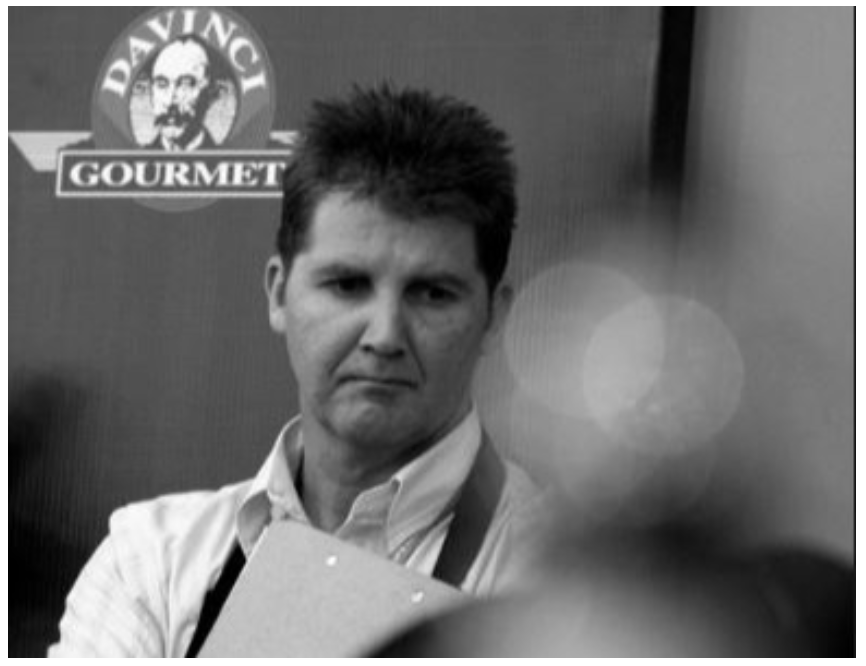 This is a very interesting question, at the turn of the 2000’s, I started judging baristas in coffee competitions in Sydney. It all happened at the very beginning of the World Barista Championships, Australia had already competed in the very first competition in Monte Carlo and this inspired me to pursue more knowledge in this area. I was invited to join the WBC in Oslo, Norway in 2002 and my judging career took off from there. Over the next decade I was part of the development team to write the very first training manual for judges. And then became the first Chairman of the Judges Certification Committee. This role gave me the opportunity to travel the world conducting judges training for many Nations. I finally made a decision to commercialise my efforts and in 2006 I trademarked my name (Justin Metcalf World Barista Judge) in 35 countries around the world. Which still remains today.
This is a very interesting question, at the turn of the 2000’s, I started judging baristas in coffee competitions in Sydney. It all happened at the very beginning of the World Barista Championships, Australia had already competed in the very first competition in Monte Carlo and this inspired me to pursue more knowledge in this area. I was invited to join the WBC in Oslo, Norway in 2002 and my judging career took off from there. Over the next decade I was part of the development team to write the very first training manual for judges. And then became the first Chairman of the Judges Certification Committee. This role gave me the opportunity to travel the world conducting judges training for many Nations. I finally made a decision to commercialise my efforts and in 2006 I trademarked my name (Justin Metcalf World Barista Judge) in 35 countries around the world. Which still remains today.
Which world barista championship did you judge at that was the most memorable? I have judged since 2002 in every WBC competition until 2010 in London and retired. Being selected as sensory judge in the World Finals in Trieste, Italy in 2004 was such a thrill and to be the first Melbournian to judge at International level was an achievement. Then the following year becoming the Head Judge in the Final of the WBC in Seattle, USA and then to go on and Head Judge in 2005 (Seattle), 2006 (Bern), & 2008 (Copenhagen) certainly gave me reward for all the hard work.
What inspired you to write your first book? Education was my inspiration. For many years as a trainer of baristas around the world, I had gathered so many notes to draw back on, I thought, that this would be a shame to throw all of this material out and so I started writing and it all went from there.
How would you describe “The Art of Espresso” to someone who has not read it? Easy reading book that gives you a little more than the basics. I have tried to write it in simple terms for people that have never experienced making coffee to people that have already started.
How do you feel the coffee industry has changed in recent years? Big things over my past 25 years have changed, as you would expect. The combination of lifting the level of the barista knowledge and skills which in turn puts pressure of the coffee growers to improve their coffees to match. Which equals higher quality coffees! Machine technology has certainly been the big game changer and that I believe is to do with the level of baristas in the world. I attribute this to the World Barista Championship as it lifted the global standards and educated equipment manufacturers to lift their game. Overall, I believe that the “barista” has now been given the recognition as it is now a profession. This was one of the major core reasons for developing the World Barista Competitions.
What would you like to see more of in the coffee industry? Exchanging ideas more globally, working together more as an industry whether your speciality or commercial.
In what direction do you see the coffee industry going in the next 10 years? More sustainability in all aspects of the industry, especially in the growing regions. Equipment technology being more consistent than the human hand. Lower quality coffees such as robusta becoming more in fashion as processing will improve.
What question do you get asked the most about coffee? What is “Speciality Coffee”? What makes a great “Espresso”? are the 2 questions I get asked the most.
With over 2 decades in the coffee industry and experience from different parts of the industry such as being a barista, educator, roaster and world championship judge; What advice would you give people wanting to get into the industry? Do it yourself. Experience working behind the espresso machine, visiting coffee farms, being involved in picking & processing coffees, cupping, roasting, all aspects of the chain. Don’t just read “other” peoples experiences, the greatest way is to educate yourself first and foremost.
What project are you currently working on? What can we expect from you in the future? Currently, I am a board member on the Asean Coffee Federation. My role is education advisor in all areas of training including baristas, roasters, cupping protocols. My vision is to grow knowledge throughout the Asean region over the next 5 years. This is including underprivileged young people who wish to have a career in the coffee industry.
And finally, what is your go-to drink? Espresso followed by a piccolo latte, thank you! Justin, thank you for taking time out of your busy schedule to have a chat. We loved reading The Art of Espresso and look forward to your future projects. If you haven't read The Art of Espresso, you can order a copy directly from our website.

